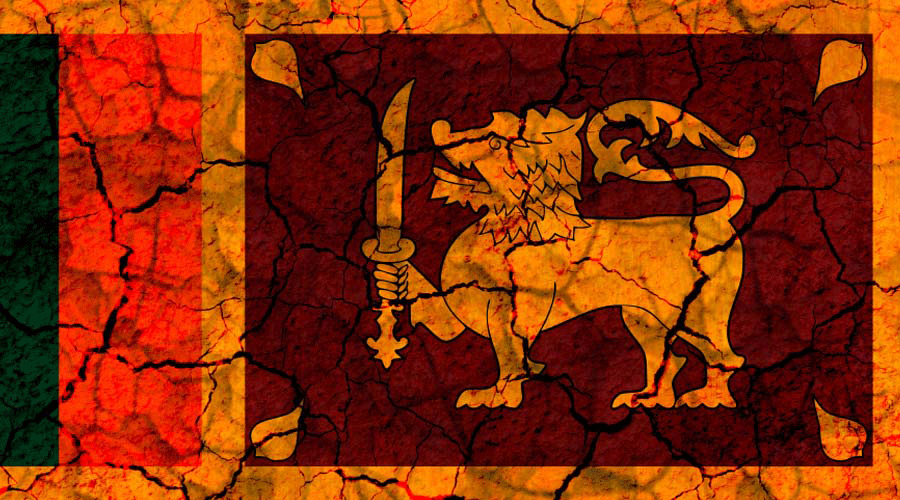Acting President Ranil Wickremesinghe says that a new state of emergency is needed to quell social unrest with Sri Lanka gripped by economic turmoil.
Sri Lanka's acting President Ranil Wickremesinghe has imposed a state of emergency, according to a government notice released late on Sunday and reported by local media.
"It is expedient, so to do, in the interests of public security, the protection of public order and the maintenance of supplies and services essential to the life of the community," the declaration stated.
Wickremesinghe had announced a state of emergency last week as well after ex-President Gotabaya Rajapaksa fled the country, but it is unclear whether the order had lapsed or withdrawn.
While specifics of the current regulation are yet to be announced, previous emergency powers have been used to deploy the military to arrest and detain people, search private property and dampen protests.
Sri Lanka is due to choose a president this week, with parliament members set to hear nominations for the post on Tuesday.
Sri Lanka's crisis
Sri Lanka has been battling an acute economic and political crisis in recent months. The country has been struggling with crippling shortages of essential items, including food, fuel and medicine.
The resulting public fury and resentment toward the political leadership forced President Gotabaya Rajapaksa to flee the country and send a resignation letter to parliament, which accepted it on Friday.
Wickremesinghe, who has been serving as prime minister, was sworn in as interim president.
Political turmoil delays talks with IMF
Sri Lanka's parliament met on Saturday to begin the process of electing a new president, and a shipment of fuel arrived to provide some relief to the crisis-hit nation.
Sri Lanka has appealed to the International Monetary Fund for a bailout package, but the political turmoil has delayed the talks.
The head of the nation's central bank told the Wall Street Journal that the economy would likely contract by more than 6% this year.
After Rajapaksa fled, street protests have waned. But some 500 people continue to occupy part of the president's office after it was overran earlier this month.











